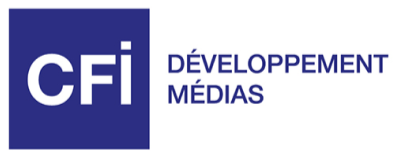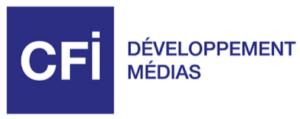Skills to Acquire
- I know what information and media are
- I can name the main media outlets in my country
- I understand the information flow
- I understand the concepts of freedom of expression and freedom of the press and their role in a democratic society
- I know the main ethical principles of journalism
- I understand the role of journalists in a democratic society
Participant Evaluation Questionnaire
Q1: When did the emergence of the internet and new media occur?
A: 1970s
B: 1980s
C: 1990s
D: 2000s
Q2: In democratic societies, the media represent :
A: A propaganda tool to manipulate the masses
B: A counter-power
C: A means to expand the debate of ideas among the population
D: A communication channel for political programs during elections
Q3: Which criterion/criteria qualify information in the journalistic sense?
A: The fact reported must have occurred within the last week
B: The fact must be reported by at least 4 media outlets
C: The fact reported must be verified and verifiable
D: The fact reported does not necessarily need to be relevant to the public
Q4: The right to freedom of expression allows journalists to :
A: Freely express their opinions
B: Investigate political leaders
C: Share information on social media
D: Publish content that encourages discrimination against a group based on religion
Q5: Among the ethical rules journalists must follow are :
A: The right to alter certain documents or manipulate images to pass a message
B: The obligation to demonstrate critical thinking, accuracy, and integrity
C: The right to work in a public service, institution, or private company
D: The right to correct any information that proves to be inaccurate
Q6: The non-governmental organization responsible for the annual world press freedom ranking is :
A: UNESCO
B: Red Cross
C: Reporters Without Borders
D: Doctors Without Borders
Answer Key
- Q1: B
- Q2: B, C, D
- Q3: C
- Q4: A, B, C
- Q5: B, D
- Q6: C


